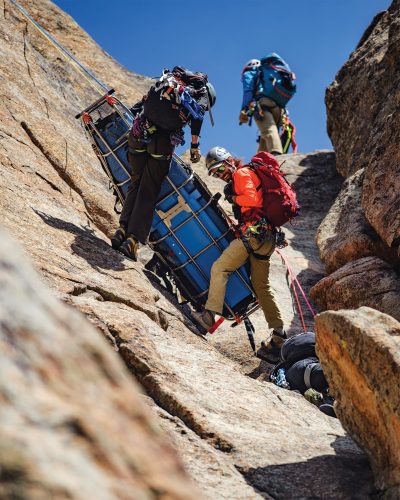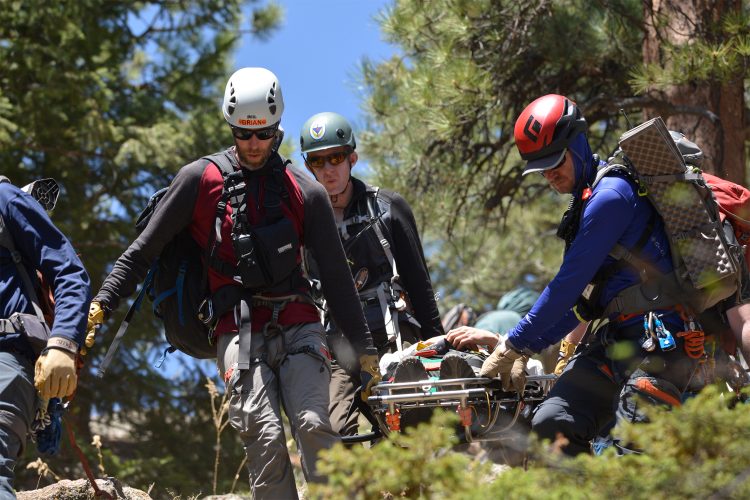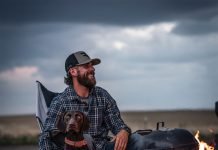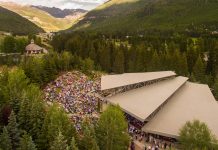
When trouble strikes, there’s one name backcountry enthusiasts know they can count on, the Evergreen-based Alpine Rescue Team. Operating since 1959, this all-volunteer crew of seventy-plus trained professionals has been saving lives in Colorado’s mountains for more than six decades—without ever sending a bill.
From technical rope rescues to high-altitude helicopter evacuations, the team responds to more than 130 missions each year across Jefferson, Clear Creek, and Gilpin counties. “We’re just a group of people who love the outdoors and want to help others get through a bad day in the mountains,” says public information officer Howard Paul, who’s been volunteering for forty years.
Getting involved means providing their own gear, training weekly, and showing up rain or shine, 24/7. “You’re on call every day of the year,” says Howard. “When a mission drops, you ask—can I go? And if you can, you do.”
Rescues often happen in harsh, remote conditions. Howard recalls a teenage girl lost on Mount Blue Sky, scared and alone in the dark. When rescuers reached her, they patched in her mom via radio. “The sobbing and joy between them—I’ll never forget it.”

The team is also passionate about education and prevention. They regularly teach outdoor safety and stress carrying the “10 Essentials.” Just as important: dispelling the myth that rescue comes with a bill. “We’ve had people delay calling for help because they thought it would cost thousands,” says Howard. “That delay can be deadly.”
Despite their volunteer status, the team faces real costs—with a budget of roughly $100,000 a year. Insurance, vehicle maintenance, and gear like titanium litters and radios add up fast. “We’ll put in the time,” Howard says. “But we rely on community support for the rest.”
Alpine Rescue’s reach extends beyond its home counties. Through a statewide mutual-aid system, they assist on missions as far as Vail, Boulder, and even out of state. Whether walking someone out, rappelling down cliffs, or coordinating helicopter lifts, the team does it all without fanfare—and without expecting anything in return.
As Howard puts it: “We’re here to help—so that no one has to face danger in the wilderness alone.”














